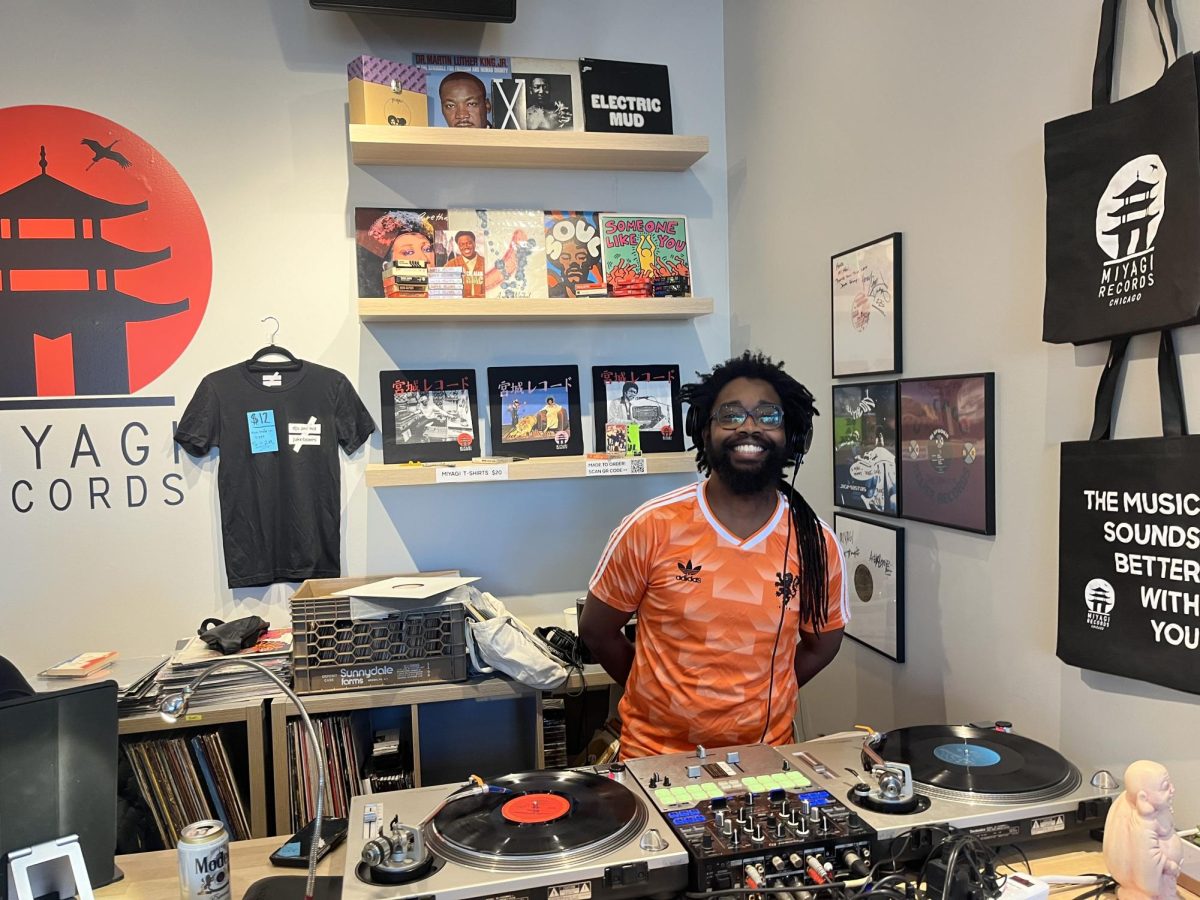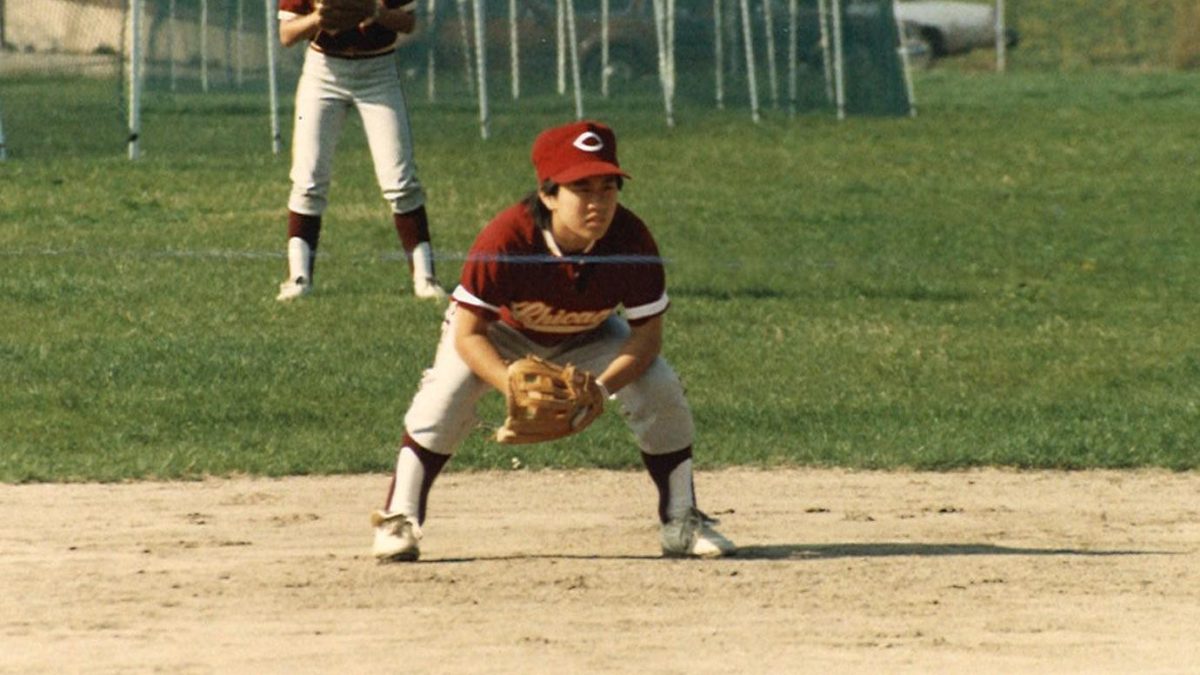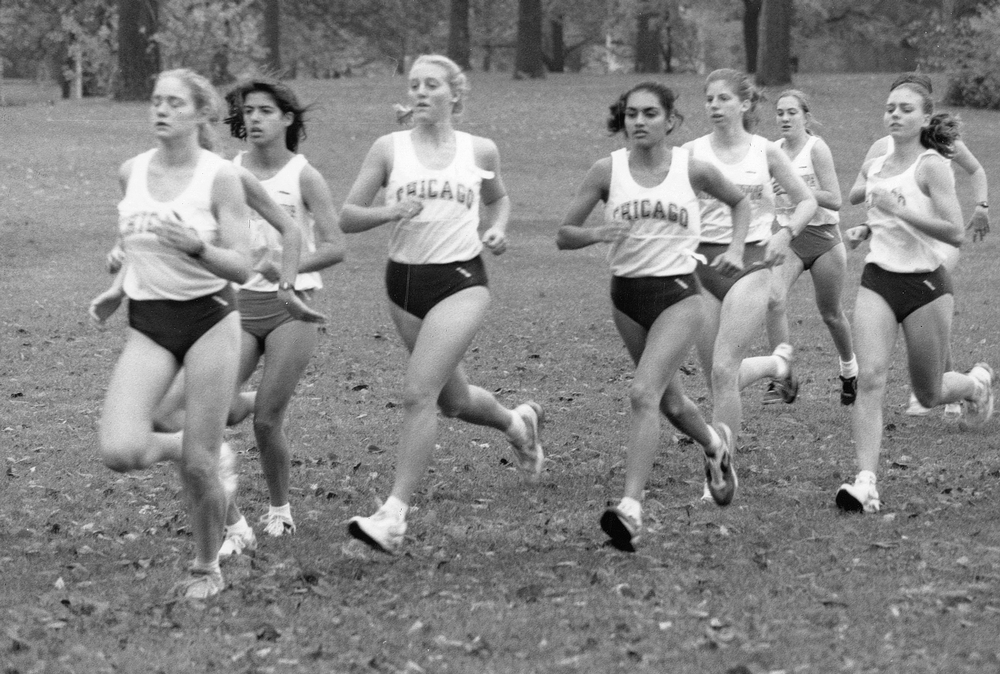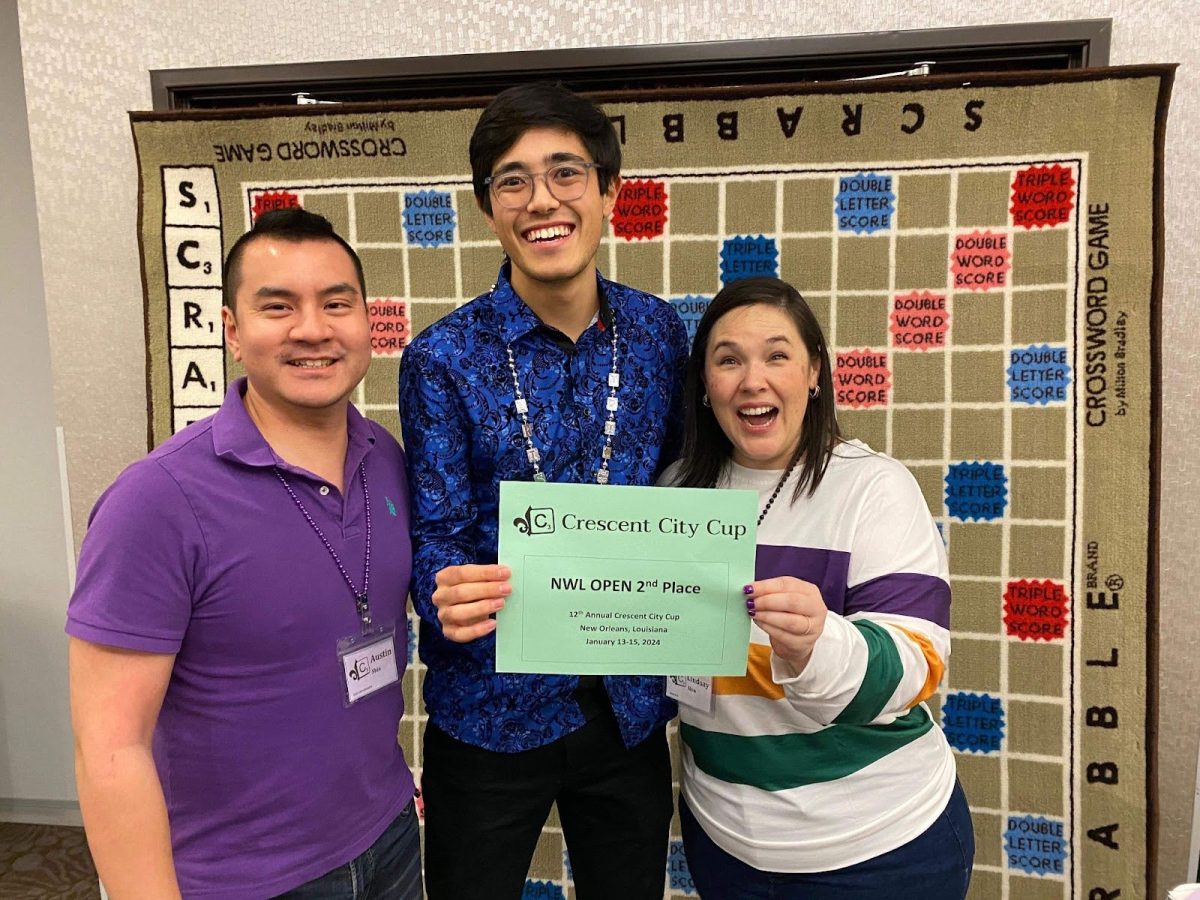Of all the types of writers in the newspaper business, none is more cherished in more circles than the sportswriter. Throughout the modern history of sports, he has become an icon of the games we play, equal to any other element of the game. The image of reporters hunched over Underwood typewriters, for instance, is as fundamental to the aura of baseball as is the designated-hitter debate. Craning over the sill of the press box to study the stance of the batter, the grit of the pitcher, or even the minutest detail about the grass, wind, and other elements, each sportswriter is given the task of delivering not only a description of the game to the paper’s reader, but to imbue into his words the lifeblood of the game.
While first radio and then television have reduced the role of the sportswriter in today’s coverage of sports, the task of immortalizing games of seasons past remains the sole duty of newspapermen. For the written word alone remains as the “living record of your memory.” Even ESPN Classic can never recapture the feeling of the crowd just before the Shot Heard Round the World or explain exactly how horrible the conditions of the field were in the Ice Bowl.
But as they are given the task of capturing the beauty of sports, no one in the world—the editors, the readers, or the fans—expects reporters to be objective in their reporting. In covering athletics, a writer may, and is expected to, use his own personal feelings as the thread that weaves the story together. Sports coverage, in a way, is not news but storytelling; like the event it covers, sports writing remains a form of entertainment.
Great sportswriters acknowledge this. In unveiling the events of the game, they unveil their own identity, their beliefs and ideologies. It is not only the weight of defeat a reporter captures as he describes the playoff defeat of a team, it is also the weight of failed expectations he has as a devotee of the game. A reporter might not even be a fan of a specific competitor in battle, but the intoxication of victory nonetheless enters his soul and his letters.
Other common elements remain constant across all great sportswriters. They always see the beauty of competition, whatever the skill level of the competitors. Whether it be game seven of the playoffs or the Little League preseason, a true sportswriter understands the meaning of the game.
No sportswriter is a nihilist, nor does he ever belittle the level of competition as a whole. A writer may point out the shortcomings of an individual in relative terms of his league, but he never badmouths the entirety of any competition. It is self-defeating; if the game has no point or no element worth acknowledging, he simultaneously eliminates his own role. And while every writer is fundamentally narcissistic enough to consider his own views worth reporting, he never forgets that the source of the beauty is the game and the players themselves. He must be content to be solely the muse.
I write this article mainly as a primer for those who choose to cover our university’s athletic activities here in Hyde Park. As an athlete, I thank you all for your interest in our endeavors. And I apologize for those who are distraught with our level of play. To that, I can only echo the words of Daniel Webster: “It is, Sir, as I have said, a small college. And, yet there are those who love it,” and say that the same remains true for our sports programs.
But lastly, I offer one suggestion: that in laying down your words, you consider the purpose of those words. Look closely at whether they achieve the fundamental goals and aspirations of sports writing. I feel at times that these goals are all too often lost in the words that appear in print, and the ramifications, while small in force, are damaging nonetheless.









